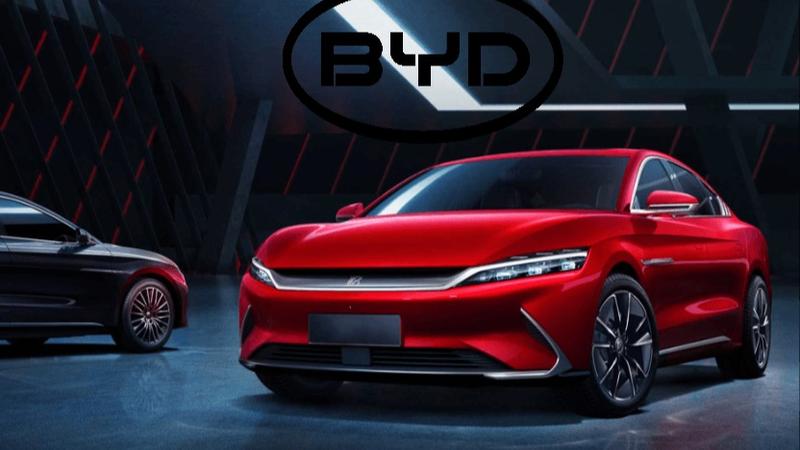Published 19:29 IST, May 6th 2024
EU’s China car tariffs face a very high bar
China's largest exporters are already on the road to localising manufacturing, making EU's task of deterring imports less pressing.

Hard brake. Brussels' deliberations over whether Chinese electric-car makers BYD , Geely, SAIC Motor benefit from unfair subsidies are getting harder. The European Union probe into the matter is drawing to a close just as President Xi Jinping arrives for his first visit to the region in five years. If the EU does impose tariffs, they would have to clear a very high bar to be effective. And the leader of the People's Republic can muster compelling counterarguments in his meeting with European Commission chief Ursula von der Leyen on Monday.
One aspect that attracts Chinese carmakers to the EU is that it's a far more profitable market for selling their vehicles. Reuters reports that in European showrooms BYD often charges double or more compared to its sticker prices back home, where a price war puts pressure on the top line.
The bloc would need duties as high as 50% to erase that advantage, according to research released by The Rhodium Group last week. That would be hard to justify. It would be roughly double the rate set in comparable cases. Higher levels could be more readily explained in egregious cases such as dumping, which the EU defines as selling goods at less than their normal value, but the premium compared with prices at home doesn't support that.
In any event, China's largest exporters are already on the road to localising manufacturing, making the EU's task of deterring imports less pressing. BYD and SAIC have plans to build factories in Europe; some Geely-owned brands already produce vehicles there. It's a logical move considering electric-vehicle sales growth in the EU is expected to outstrip China's between now and 2030, per the International Energy Agency.
There may be severe consequences if the People's Republic were to retaliate in kind to an EU levy. The country is the world's largest auto market, with more than 20 million passenger vehicles sold there last year. Some European marques are especially exposed: around a third of BMW, Volkswagen and Mercedes-Benz's unit sales were in China in 2023.
The probe is approaching its final destination. The EU can introduce provisional duties as early as July. While policymakers such as von der Leyen are probably already thinking about driving cautiously - Rhodium Group researchers think the final figure could fall in the 15%-30% range - the outcome is still far from certain. On Friday, the European Commission said Chinese electric vehicle makers involved in the investigation have not supplied sufficient information, suggesting they might use evidence from other sources to compute and potentially inflate tariffs. It's an opportunity for Xi to influence the direction of travel.
Updated 19:29 IST, May 6th 2024





